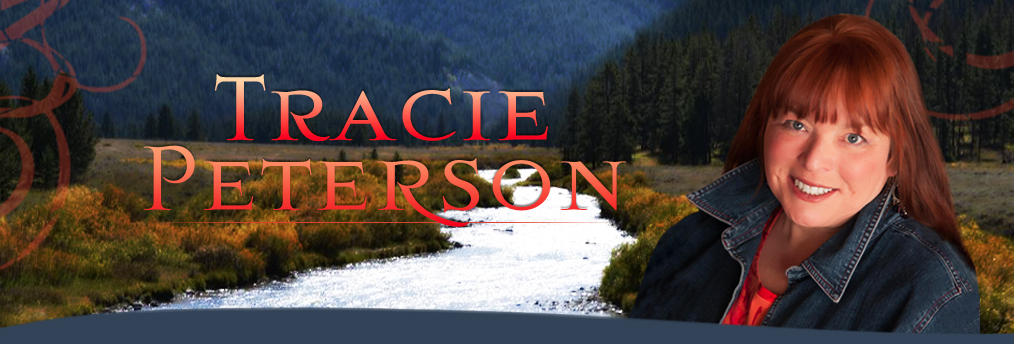All Saints
Day
November 1st
is the established day to celebrate All Saints’ Day. November 2nd is the day to
celebrate All Souls’ Day. Somewhere over
the years however, Halloween on the 31st of October got most of the attention.
Hallow, in
Old English, means "holy" or "sacred." "Hallows'
Eve," or "Halloween" means "the evening of holy
persons". In our society today it
has become to most an evening to dress up and get candy, while there are those
select groups who have less innocent ideas about an evening that originally had
a holy purpose.
Throughout
the history of the Christian church many people have given their lives and energy to help others find God. Some say that we who love God are the saints.
While others believe saints to be a
reserved position for those who did something special for God and brethren are
those who simply loved Him. No matter where you stand on saints, I
believe we can still remember “all souls” and in keeping with that, I can’t
help but think of all the souls who helped to shape the Christian church.
Throughout
history there are a great many. Recently
I’ve read a biography on St. Augustine and am now reading his book CITY OF
GOD. It’s fascinating to read and see the philosophies of those who lived so
soon after Christ was on earth. Augustine was as sinful as they come prior to his coming to God. Even as I look at the bare bones of the church in his time, I see the influence that he. God uses all sorts to do his will.
Now I don't know how evident this man's work was in our Christianity, but I couldn't pass him up. Then as I read about him I was really convicted. That man's name?
St. Waldo. He’s
of course the one who started "Where’s Waldo".
Well maybe not, but he was a northern Italian man who nursed his leprous
teacher for over 20 years. During that time he was instructed by the man—a priest. Upon his teacher’s death, Waldo withdrew from
the world to devote himself to speaking with God and focusing on heaven. That sounds like a wonderful thing for all of
to do. I can't imagine the joy of putting the world aside to just focus on God. After a long time away from society they found Waldo - in the hollow of a tree where he had spent out his life on his knees. He died there as well - on his knees.
Skipping ahead we see men like John Wycliffe (1320-1384) who longed for people to have the Bible
translated in the common language. He
personally translated the Gospels and it’s said that he possibly translated the
entire New Testament while others translated the Old Testament. His Bible was completed in 1384. Wycliffe Ministers are still at work today to get the Bible into every language.
Or maybe you’ve heard of William Tyndale (1494–1536) an English scholar who became a
leading figure in Protestant reform. He also made a translation of the Bible
into English. Tyndale was arrested and jailed in 1535 and convicted of heresy
and executed. His dying wish was that
the King of England’s eyes would be opened.
Two years later Henry the 8th authorized The Great Bible for
the Church of England. This was a Bible
put together from mostly Tyndale’s work and did much to spread reformation. Henry was notorious for his bad boy ways, but God even used him to greatly restructure the church.
Dwight Moody
was born in Northfield, Massachusetts.
He had eight brothers and sisters and their mother raised in the Unitarian
church. His father died when Dwight was only 4.
In April
1855 Dwight converted to evangelical Christianity when his Sunday school
teacher, Edward Kimball talked to him about how much God loved him. This would
be the ember that started his move to preach the Gospel. When the Civil War rolled around Moody felt
he couldn’t conscientiously enlist, but he made 9 visits to the front lines of
the Union Soldiers at places like Shiloh, Pittsburg Landing, Murfreesboro and
even entered Richmond with the army of General Grant. After the war Moody started a church in Chicago,
the Illinois Street Church and even though it was burnt down along with his
home and the homes of most of his congregation in the Great Chicago Fire of
1871, Dwight maintained his faith and rebuilt the church within 3 months.
On a
trip to England in Spring of 1872 Moody became known as an evangelist. He
preached almost a hundred times and often preached to crowds of 2,000 to 4,000.
In the Botanic Gardens Palace, he preached to 15,000 to 30,000 people. He was
thought to perhaps be the greatest evangelist of the 19th century.
Of course we can’t forget Charles Spurgeon.
He is known as the "Prince of Preachers".
He was a strong figure with the Reformed Baptist and is said to have preached
to over 10 million people.
James
Hudson Taylor (1832 – 1905),
was a British Protestant
Christian missionary to China, and founder of the China Inland Mission (CIM)
(now OMF International). It’s said that he brought hundreds of thousands of
Chinese to the Lord.
There were also more modern men who helped to shape
Christianity. Dietrich Bonhoeffer helped Christians to see the Jewish people in a
different light. He opposed Hitler and was executed in April 1945 at a Nazi
concentration camp – just 23 days before the German surrender. His work goes on
today and his book on discipleship is often referenced.
The list goes on and on – Jim and Elizabeth Elliot. Jim gave his life in South America while trying to minister and Elizabeth continued that ministry.
Oswald Chambers, Hannah Whitall Smith, Andrew Murry, Billy
Graham, Charles Stanley, James Dobson and too many more to name are some who have gone before us to shape our beliefs.
Remembering these people and the price they paid or still
pay for sharing the Gospel of Jesus humbles me and makes me truly
grateful. I hope today you’ll take a
little time to explore some of these people and others who sacrificed their
lives for God.
I hope also that you’ll
take the time to share some thoughts with us here. Who has impacted your faith?
Happy All Saints’ Day































